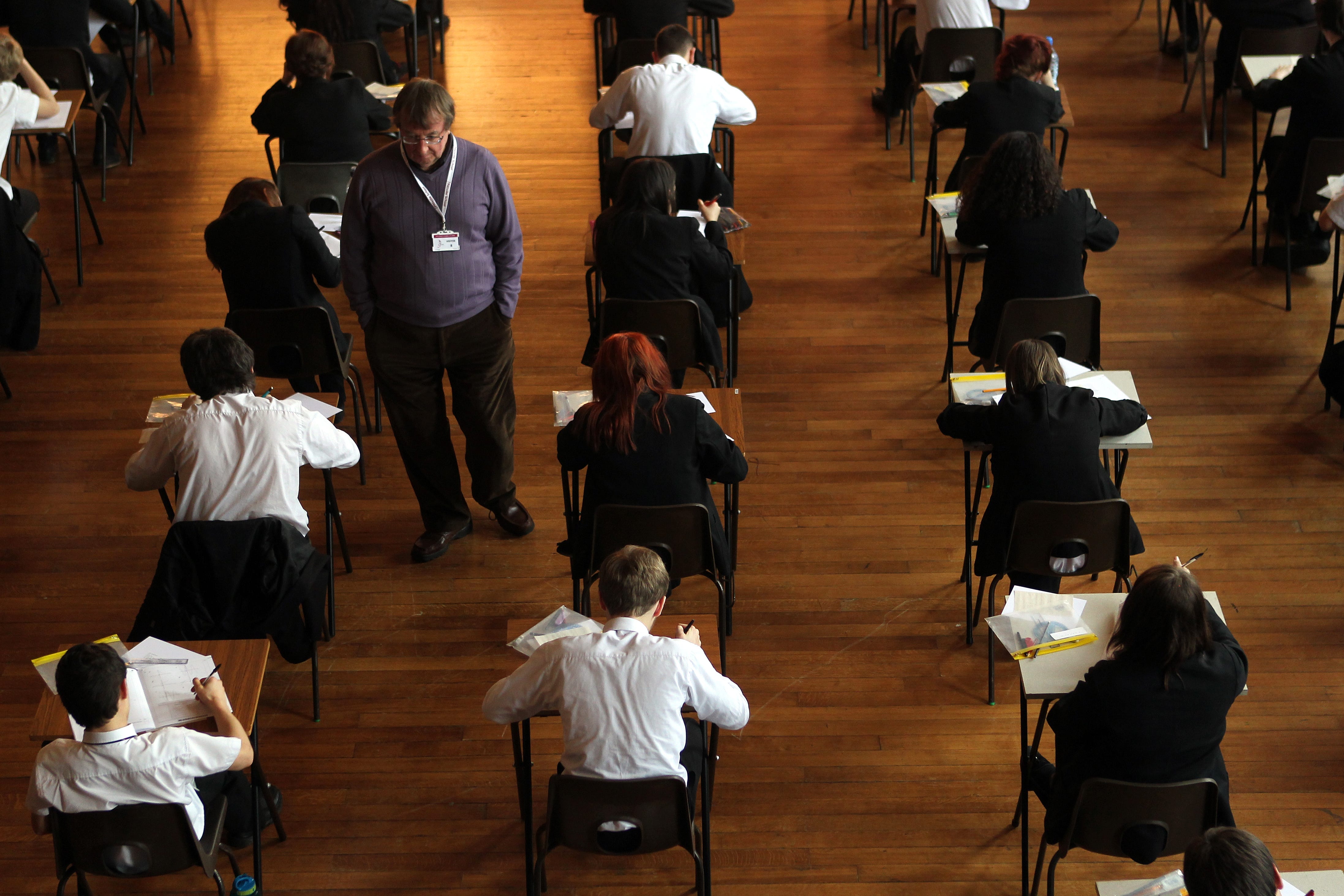Maths test piloted to help pupils prepare for real-life situations
The AQA exam board is piloting a numeracy test which potentially could give pupils a maths proficiency certificate.

Teenagers could face a numeracy test which looks at their ability to understand real-life situations like working out phone bills and rent, under plans being developed by an exam board.
Colin Hughes, chief executive of AQA, an awarding body in England, Wales and Northern Ireland, says the online test would not make maths easier.
He said it is aimed at everyone as there are often very able students who are good at academic mathematical situations such as theorems and formulae who often struggle in the real world.
The AQA is piloting a numeracy test which potentially could give pupils a maths proficiency certificate, like a driving licence or a music grade, even if they never pass a GCSE in the subject, The Times reports.
Looking at a wage slip to calculate net pay, a telephone contract to see which is the cheapest package, how much more money you would need to cover a rent rise which is in line with inflation are among some potential sample questions, seen by the newspaper.
Managing a bank account, understanding interest rates and measuring milk formula are other potential areas that could be covered when it is piloted in the next couple of months at schools.
Mr Hughes told BBC Radio 5 Live Saturday Breakfast: “It’s not making it easier at all.
“What it’s doing is saying, think about it, you use mathematics all the time every day. I absolutely guarantee that several times today you will use your head to do various kinds of calculations. Everyone does it.
“The issue is that we don’t really enable every student to prove that they can do it.”
He added: “We now have, particularly digitally, the means to enable people to practise, get used to doing things like that and then actually to test themselves kind of on the run.
“So it’s not easier to do but it is easier to deliver – that’s the really big thing.”
When you actually put them into a situation when they’re obliged to use numeracy as we would put it in the real world, that might be looking at phone bills, it might be working out rent, calculating, often it is calculating money but not only - then they are absolutely fine
About a third of GCSE candidates fail to achieve a grade 4 in maths each year. The grade is considered a pass by most employers and colleges.
It is expected that pupils, from 14 year-olds to those in sixth-forms and further education colleges, could use a new platform to assess and improve on their real-life mathematics skills.
Mr Hughes said some people can get locked into a cycle of constantly resitting English and maths to try to progress to the next stage of their work but what they may be struggling with are academic mathematical situations such as theorems and formulae.
He told the BBC: “But when you actually put them into a situation when they’re obliged to use numeracy as we would put it in the real world, that might be looking at phone bills, it might be working out rent, calculating, often it is calculating money but not only – then they are absolutely fine.”
He pointed out that it is not the less-able students who may face difficulties as there are “students who are very good at that academic stuff” that “quite often struggle in the real world”.
This summer almost 186,000 teenagers over the age of 16 resat maths GCSE and 17.4% achieved a grade 4 or above.
Any new qualification would need to be introduced by the Government.
Bookmark popover
Removed from bookmarks